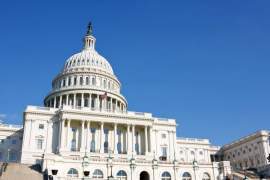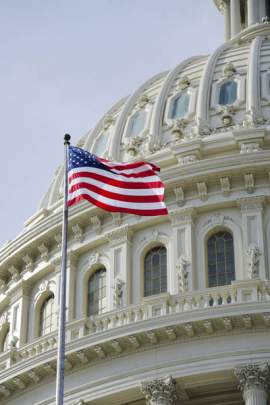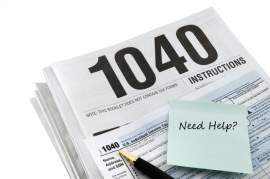
Government Departments: A Brief Guide

Popular In Federal
Code Of Federal Regulations Federal Unemployment Extension Federal Tax Return Status Meat Inspection Act Federal Tax Forms Federal Tax Brackets Government Grants Federal Funds Rate Meat Inspection Act Text Federal Rules Of Civil Procedure Federal Reserve Act Federal Acquisition Regulation
What are Government Departments?
• Government departments are permanent or semi-permanent organizations that operate within the framework or machinery of a governing body. The majority of government departments are responsible for the administration and oversight of specific governing functions.
• Within every governing body, there is a notable variety of government departments. Furthermore, a government agency is typically distinct from government departments and other types of public bodies established through government actions. The functions of a typical government agency are executive in character; however, these distinctions are commonly blurred in practice.
• Government departments may be established through a national government or a state government positioned within a federal system. Furthermore, government departments may be established by executive powers or through the passing of legislation. Regardless of their origin, all government departments will differentiate regarding the accountability, autonomy and authoritative powers.
Government Departments in the United States:
• In the United States, the President and Congress will delegate specific authority to government departments in order to regulate the particular powers and the complex facets of the federal state. In addition, the majority of American states have created localized government departments. The creation of these government departments is to streamline the broader governmental framework through enhanced administrative, enforcement or oversight capabilities.
• The majority of departments in the United States are labeled as “federal executive departments.” These government departments are among the oldest units of the executive branch of the United States Federal Government’s executive branch. For example, the government department of state, war and the treasury were established just a decade following the creation and affirmation of the United States constitution.
• The Federal Government Department in the United States is analogous to ministries in parliamentary systems; however, since the United States is a presidential system, the heads of these government departments do not represent or act as heads of a government. The heads of government departments, (typically known as secretaries) will form the President’s Cabinet—the organ that serves at the disposal of the elected President, mainly as an advisory role.
Examples of Government Departments in the United States:
• All government departments in the United States operate with thousands of employees and tens or hundreds of millions in operating budgets. The roles of the government departments are specific; these resources are used to carry-out functions to bolster the stability and welfare of the general public. The following are examples of government departments in the United States:
o The Department of the Stateso The Department of the Treasuryo The Department of Defenseo The Department of Justiceo The Department of Agricultureo Commerceo The Department of Health and Human Serviceso The Department of Transportationo The Department of Energyo The Department of Educationo The Department of Homeland Security
NEXT: Federal Unemployment





















